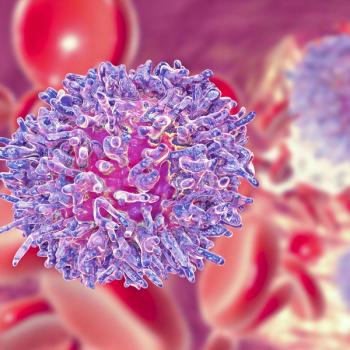
Patients with refractory large B-cell lymphoma have less to gain from axicabtagene ciloleucel if they have never achieved a complete response to any line of prior therapy.

Caribou and AbbVie Initiate Development Partnership for CAR T-Cell Products
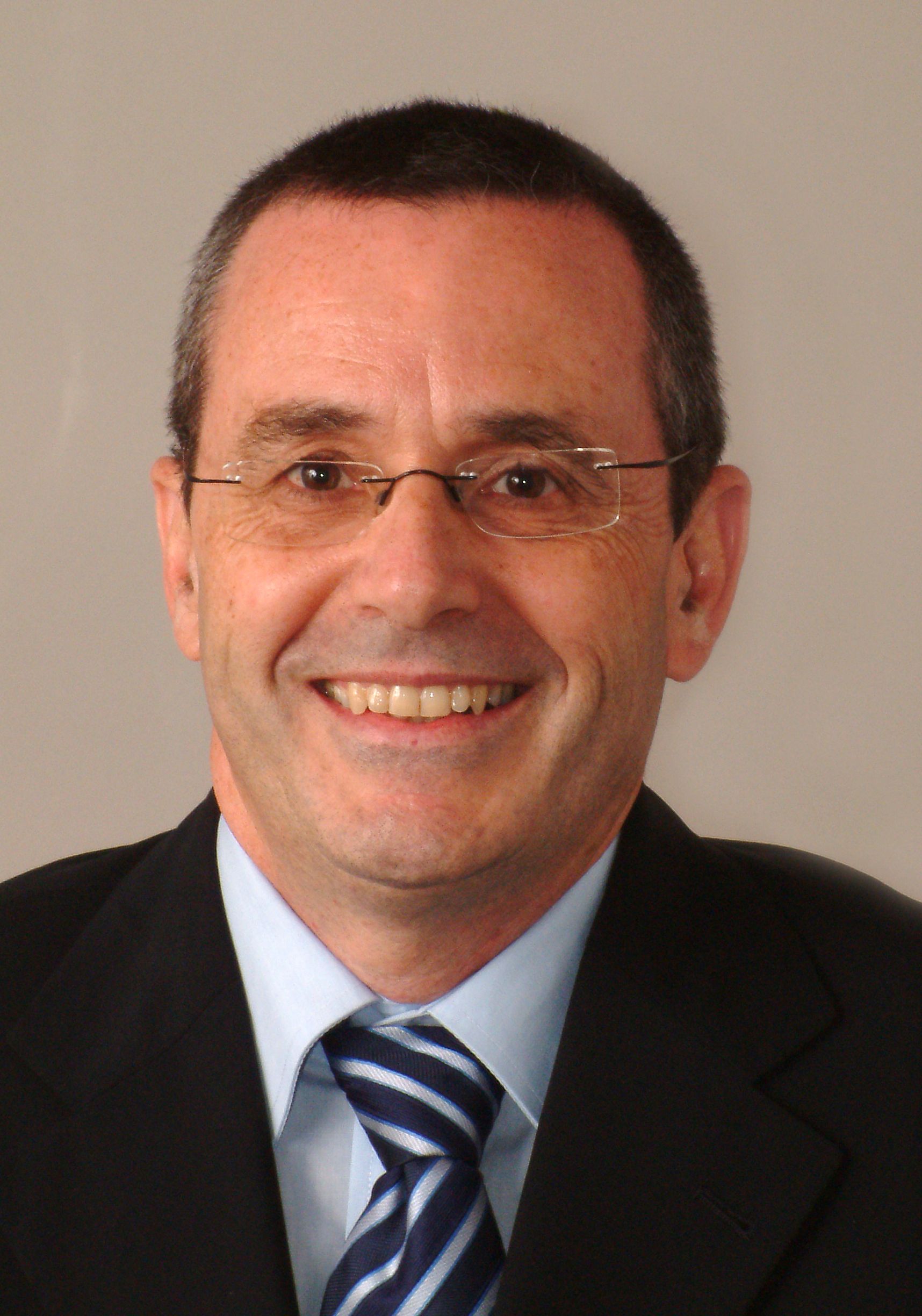
Gene Therapy Safe for Continued Study in Phase 3 Ovarian Cancer Study

Patients with refractory large B-cell lymphoma have less to gain from axicabtagene ciloleucel if they have never achieved a complete response to any line of prior therapy.

A CAR T-cell therapy that promises fewer side effects, and possibly lower hospital costs, wins approval after lengthy delays.
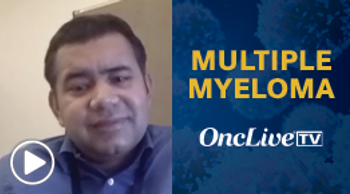
Binod Dhakal, MD, discusses the differences in onset of cytokine release syndrome with CAR T-cell therapies in multiple myeloma.
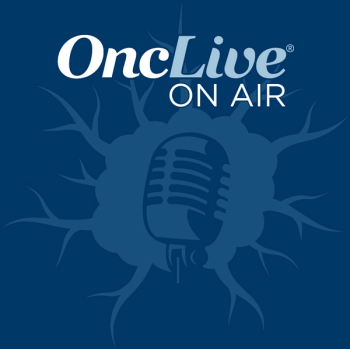
In our exclusive interview, Dr. Kansagra, Dr. D’Souza, and Dr. Dholaria provided an in-depth look into the current state of cellular therapy in hematologic malignancies, the benefits and drawbacks of approved and investigational products, and new constructs for CAR T in multiple myeloma and lymphoma.
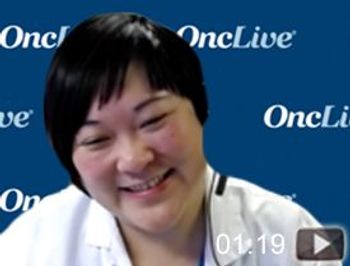
Yi Lin, MD, PhD, discusses CAR T-cell therapy–related toxicities in multiple myeloma.
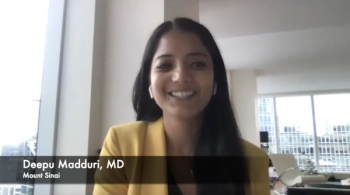
The goal of the CARTITUDE-1 study was to evaluate the use of ciltacabtagene autoleucel (cilta-cel; JNJ-68284528) chimeric antigen receptor T-cell therapy in heavily pretreated patients with relapsed or refractory multiple myeloma.
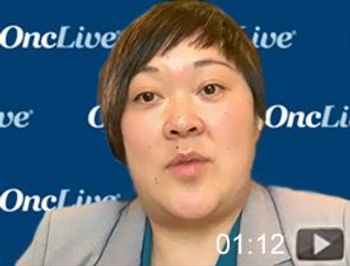
Yi Lin, MD, PhD, discusses the characteristics of patients who were included in the CRB-401 study examining the CAR T-cell product idecabtagene vicleucel in multiple myeloma.
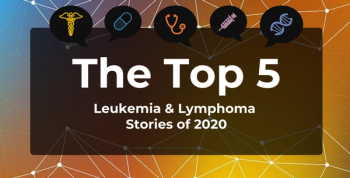
Readers favored news about ibrutinib, the first chimeric antigen receptor (CAR) T-cell therapy in mantle cell lymphoma, and the effect of the pandemic on patients with chronic lymphocytic leukemia.
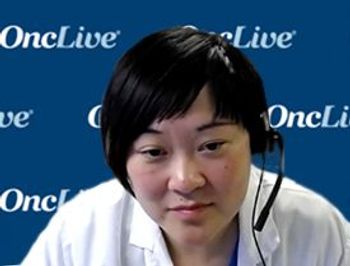
Yi Lin, MD, PhD, discusses the promise of the CAR T-cell products ciltacabtagene autoleucel and idecabtagene vicleucel in patients with myeloma.
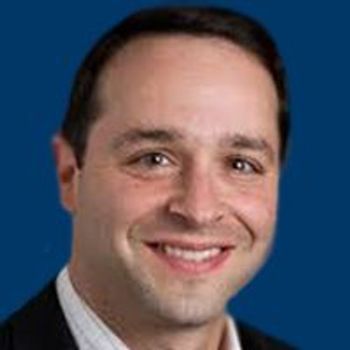
December 21, 2020 - A rolling submission of the biologics license application for the BCMA-directed CAR T-cell product ciltacabtagene autoleucel for use in adults with relapsed/refractory multiple myeloma has been initiated to the FDA.
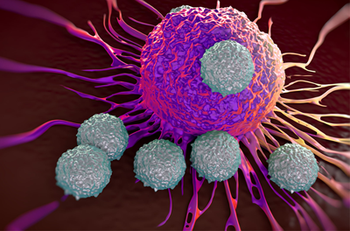
The findings help explain why costly CAR T-cell therapy does not work for some patients.
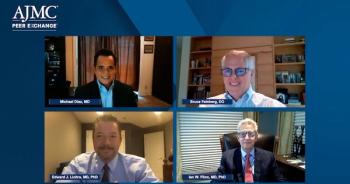
A discussion on the clinical impact of chimeric antigen receptor (CAR) T-cell therapy in relapsed/refractor (R/R) non-Hodgkin lymphoma and the role of expanding CAR T administration into the community practice setting.
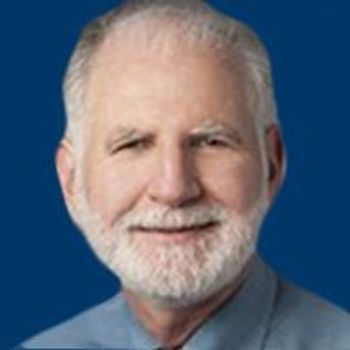
What started out as a journey to better understand regulatory T cells has now led to an intriguing approach with an investigational cell therapy designed to prevent the risk of graft-versus-host disease and to improve relapse-free survival rates in patients undergoing hematopoietic stem cell transplantation.
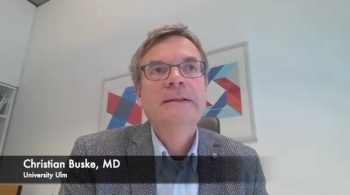
The lymphoma expert spoke about the research being presented at the 2020 ASH Annual Meeting and what he believes has the potential to be most influential for treating this patient population.
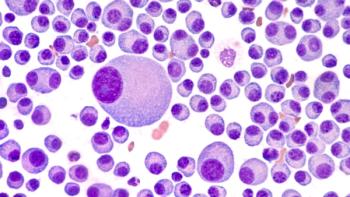
An off-the-shelf CAR T-cell therapy that targets B-cell maturation antigen, ALLO-715, elicited responses in heavily pretreated patients with relapsed/refractory multiple myeloma in early findings from a first-in-human study presented at the 2020 ASH Meeting.

Treatment with the BCMA-targeted CAR T-cell therapy idecabtagene vicleucel was found to yield clinically meaningful improvements in the quality-of-life of triple-class exposed patients with relapsed/refractory multiple myeloma.
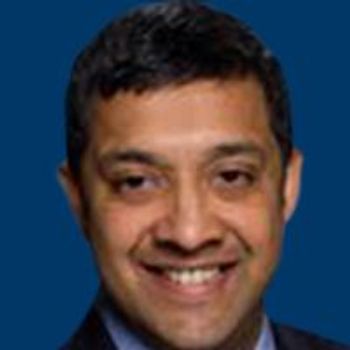
December 6, 2020 - Odronextamab, is a novel CD20xCD3 bispecific antibody, continues to show intriguing antitumor activity and an acceptable safety profile in patients with relapsed/refractory B-cell non-Hodgkin lymphoma, including those who have previously received chimeric antigen receptor T-cell therapy.
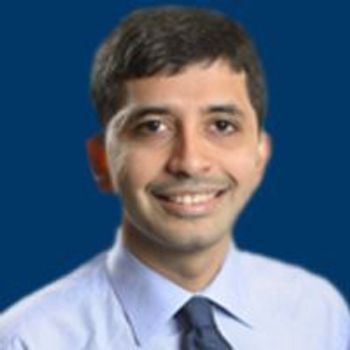
ALLO-715, an off-the-shelf chimeric antigen receptor T-cell therapy that targets B-cell maturation antigen, elicited responses in heavily pretreated patients with relapsed/refractory multiple myeloma in early findings from a first-in-human study presented at the 2020 ASH Meeting.
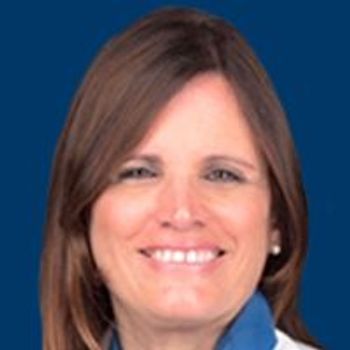
December 5, 2020 - The enriched chimeric antigen receptor T-cell therapy bb21217 improved responses and also prolonged duration of response compared with non-enriched CAR T cells in patients with relapsed/refractory multiple myeloma.
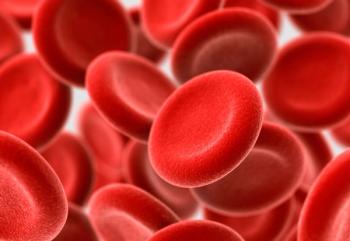
Results were released for a leading chimeric antigen receptor (CAR) T-cell therapy candidate in multiple myeloma, along with long-term findings for an early treatment that may soon face competition.

City of Hope's Dr. Tanya Siddiqi offers an update on a new chimeric antigen receptor (CAR) T-cell therapy awaiting approval from the FDA.

The emergence of cellular-based therapies represents a major opportunity to improve outcomes in the heavily pretreated and refractory myeloma population.
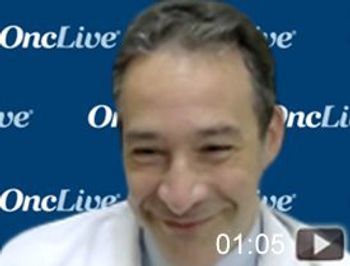
Ira Braunschweig, MD, discusses mitigating the toxicities that are associated with CAR T-cell therapy in lymphoma.
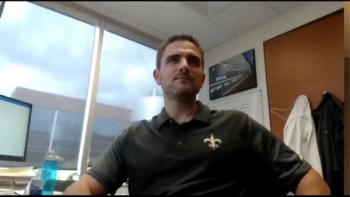
Immune-associated neurotoxicity in patients following chimeric antigen receptor (CAR) T-cell therapy may be due to monocyte-like cells in infusion products, explained Michael R. Green, PhD, University of Texas MD Anderson Cancer Center.

The vice president for Clinical Services at OneOncology describes challenges and opportunities for chimeric antigen receptor (CAR) T-cell therapy in the community practice setting.